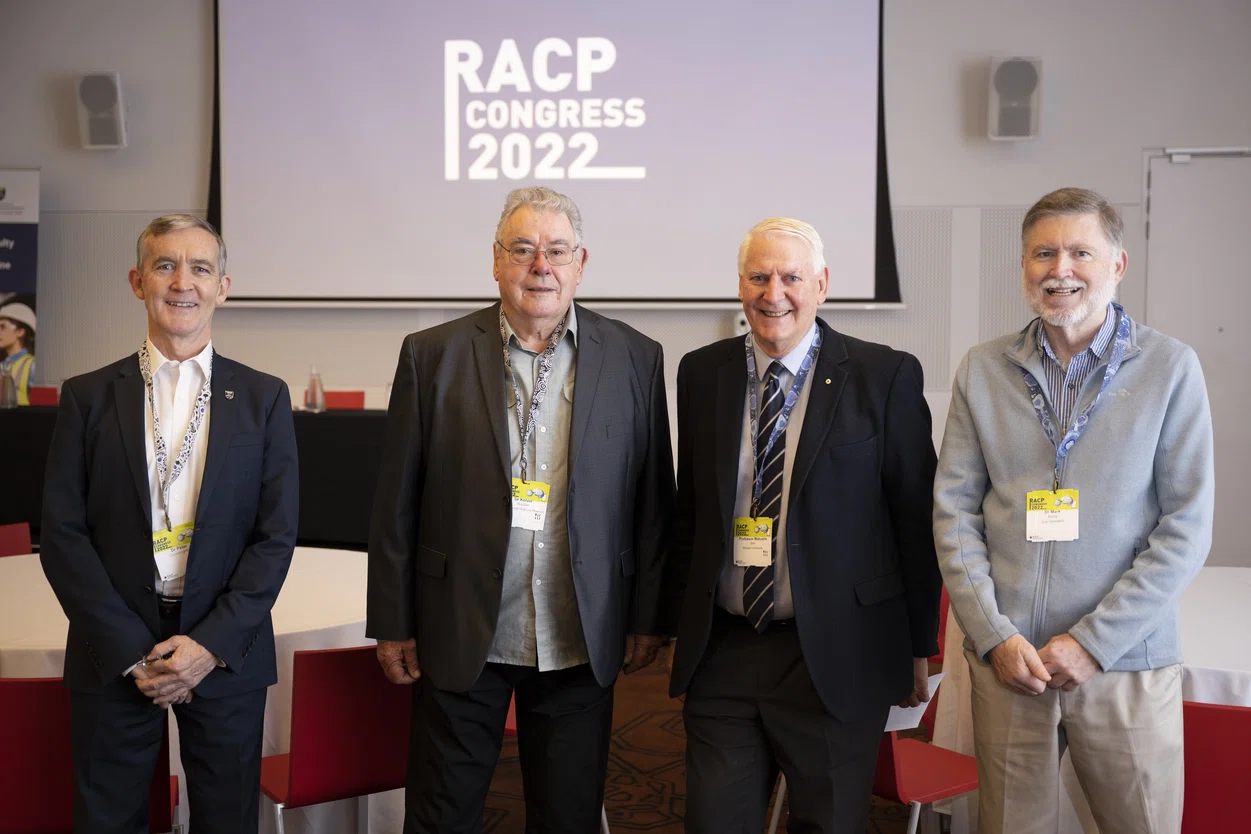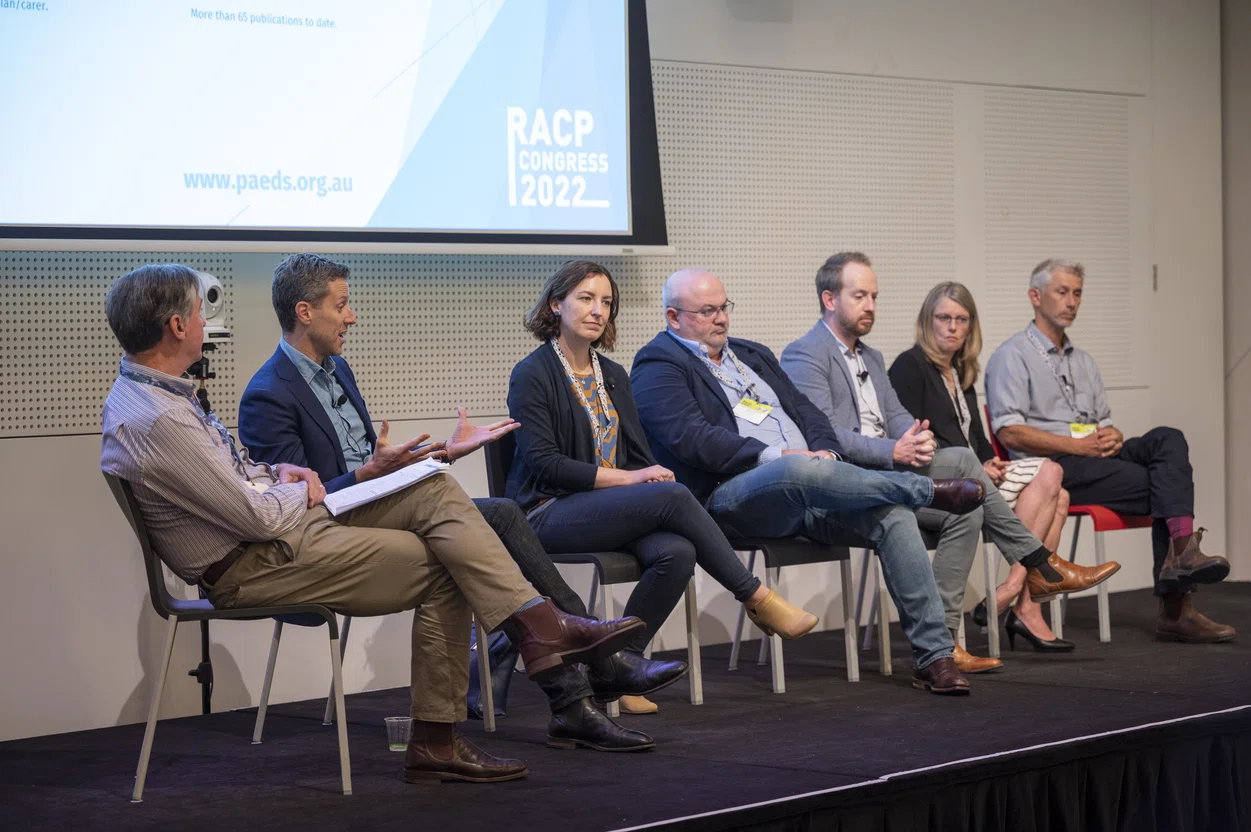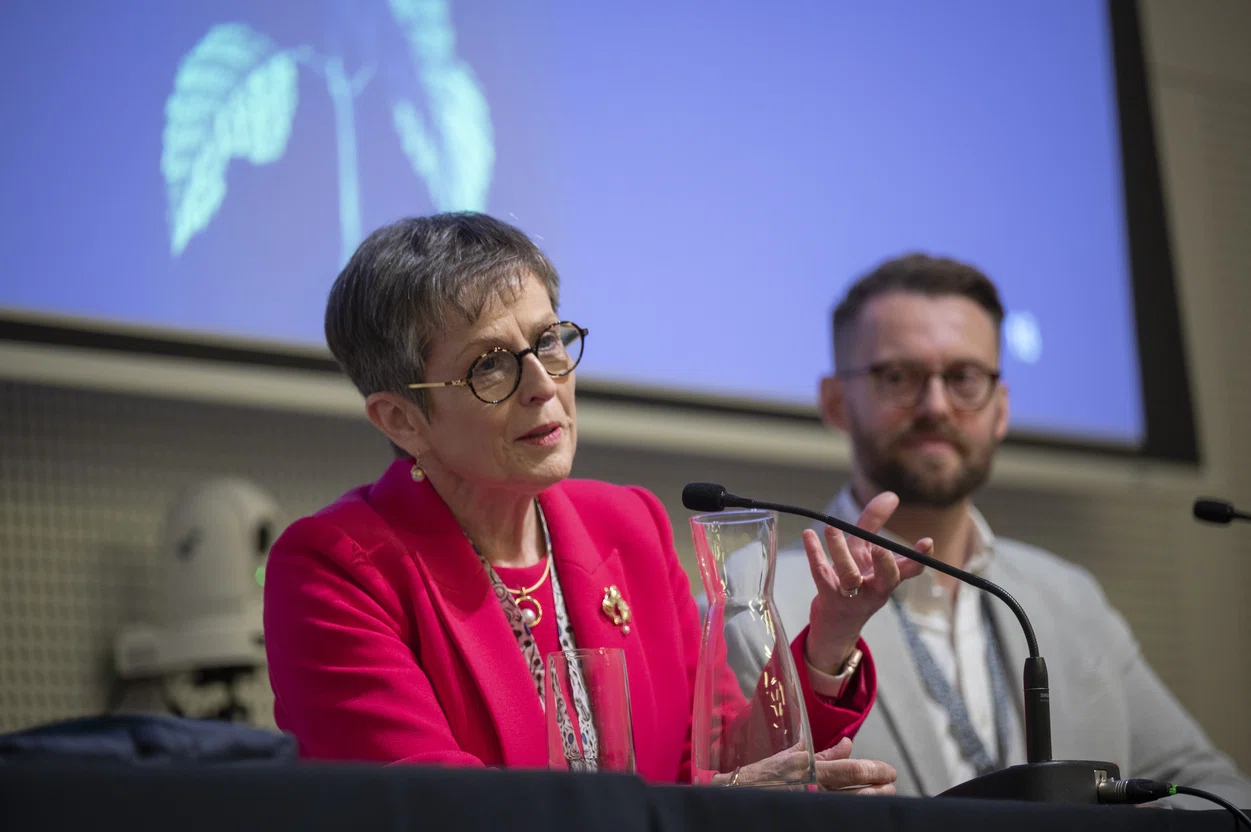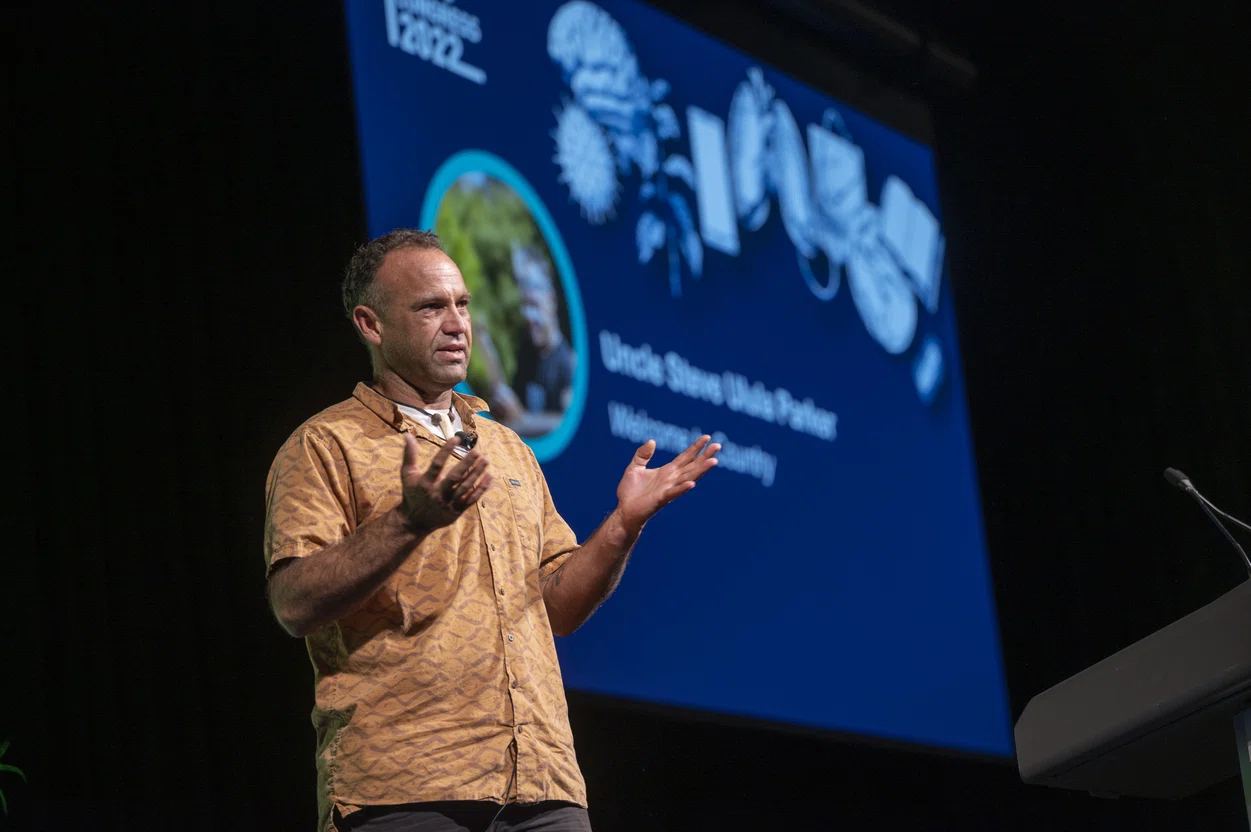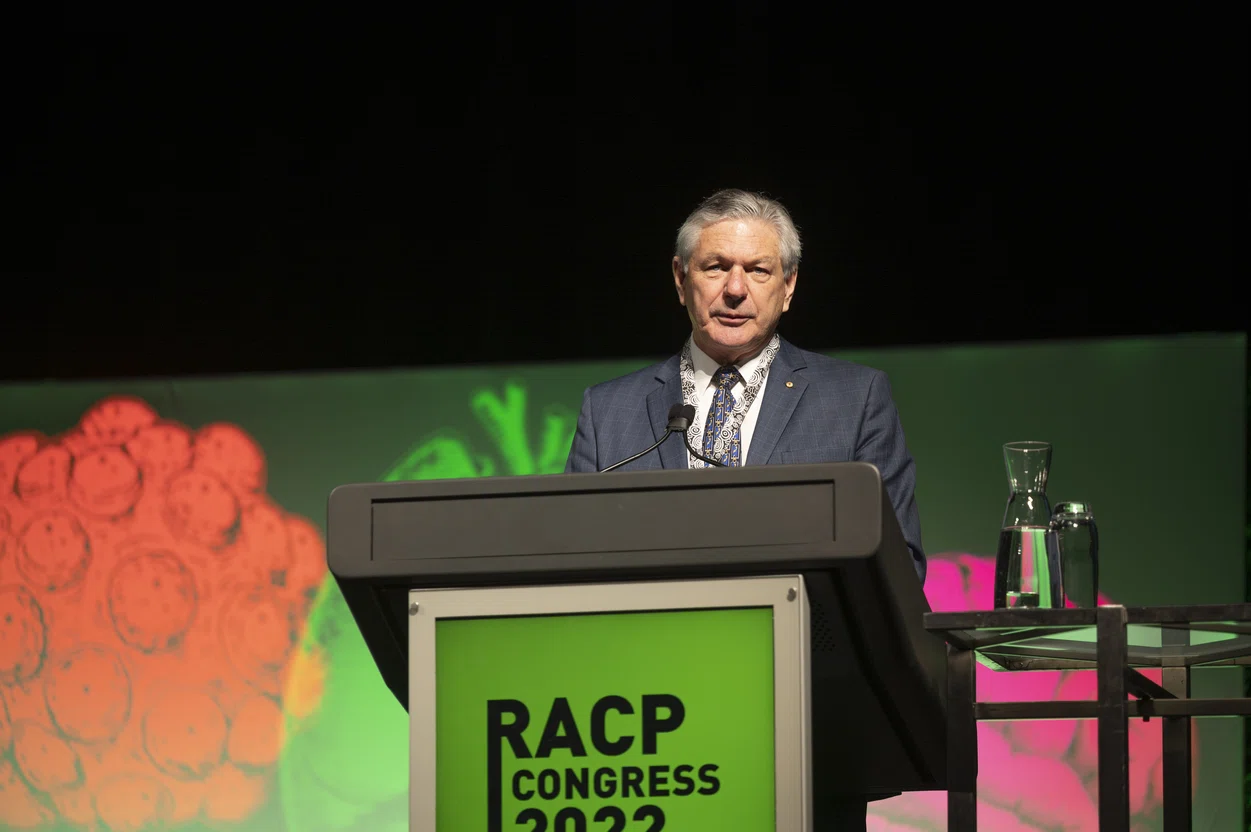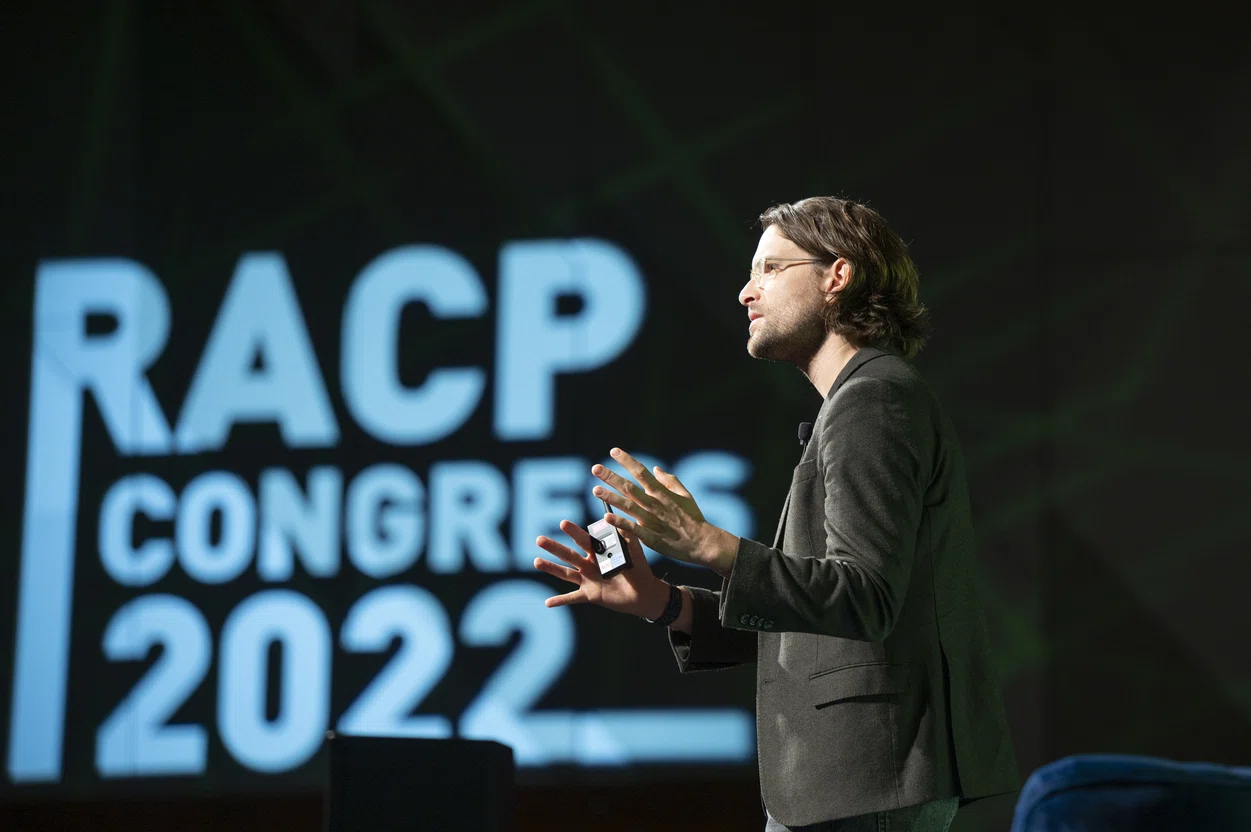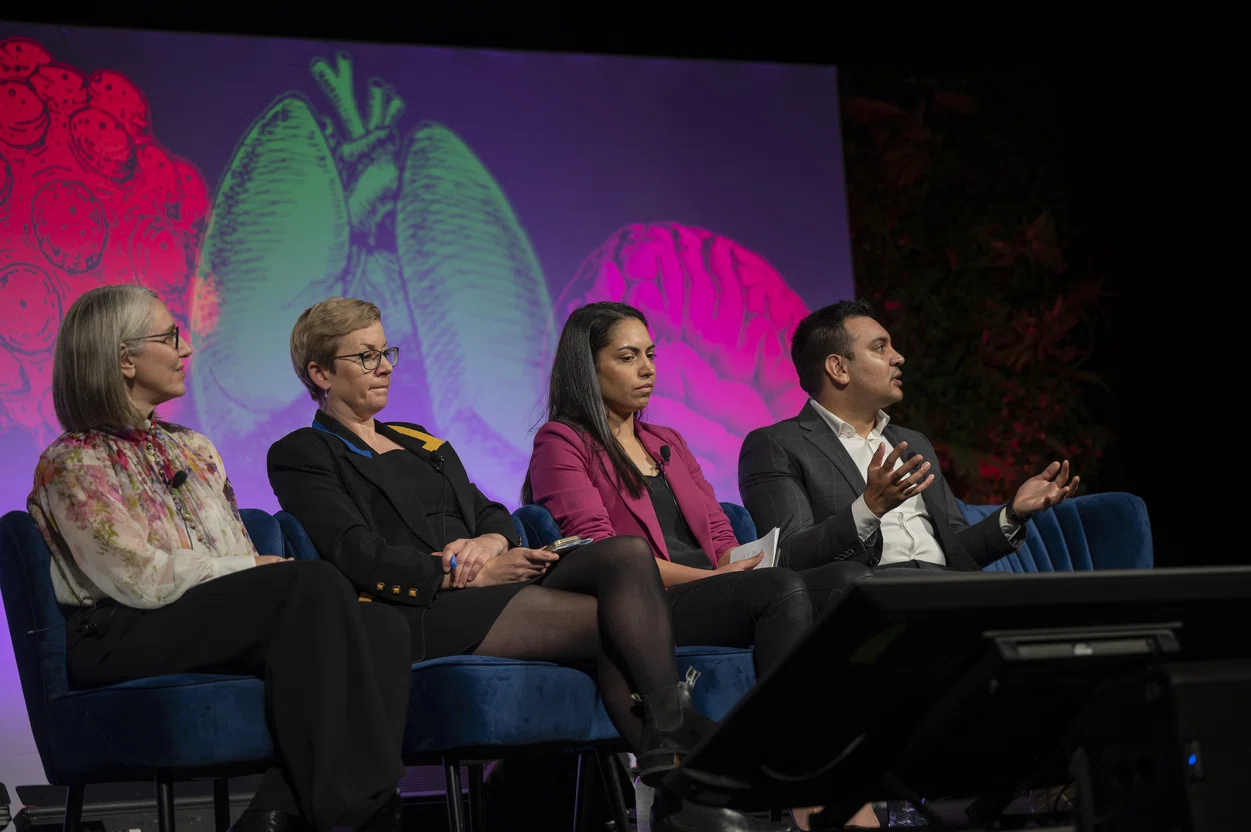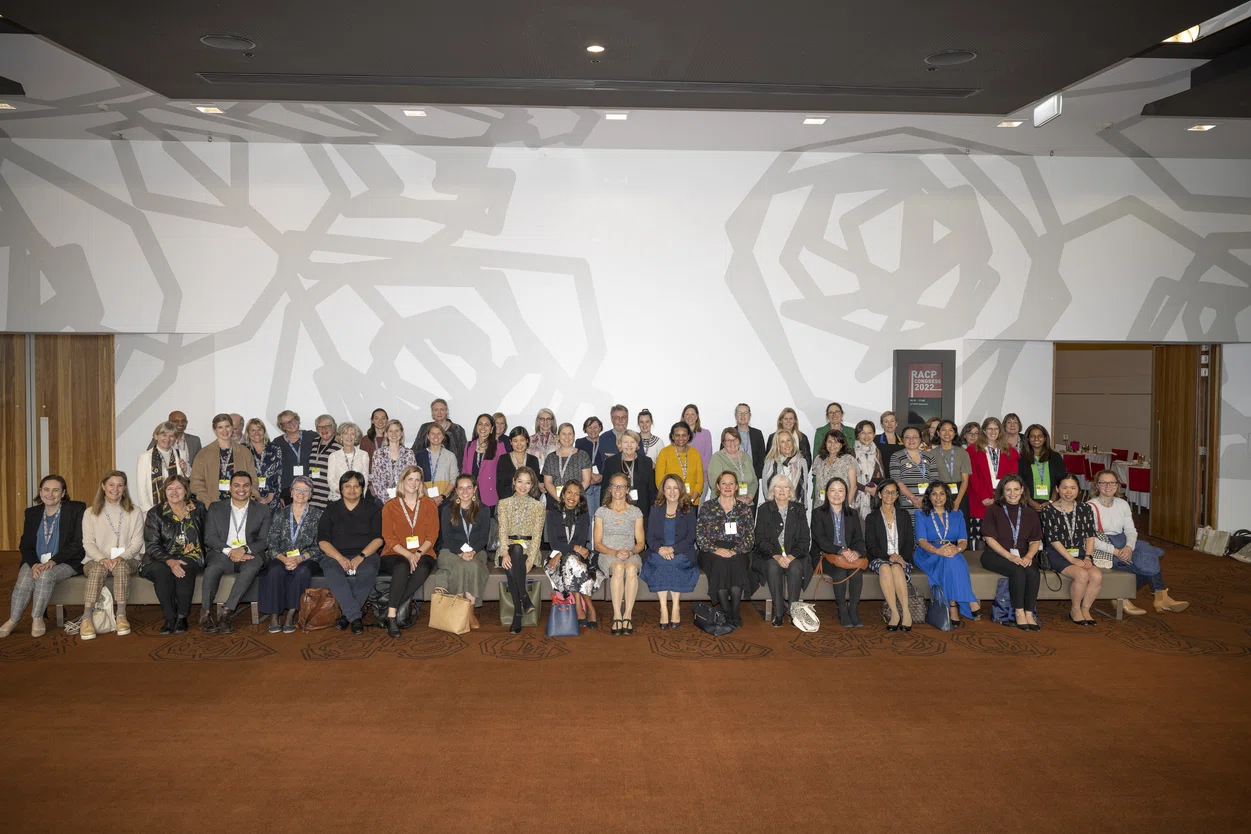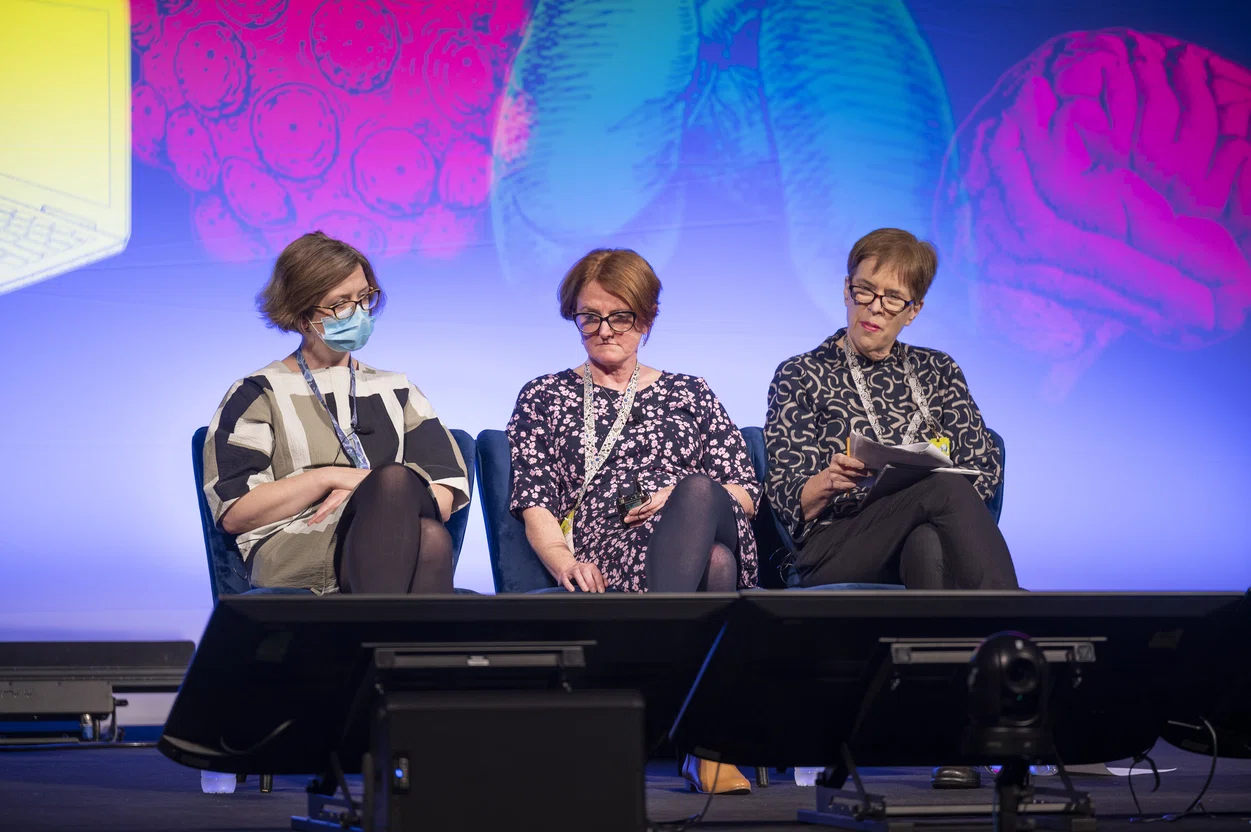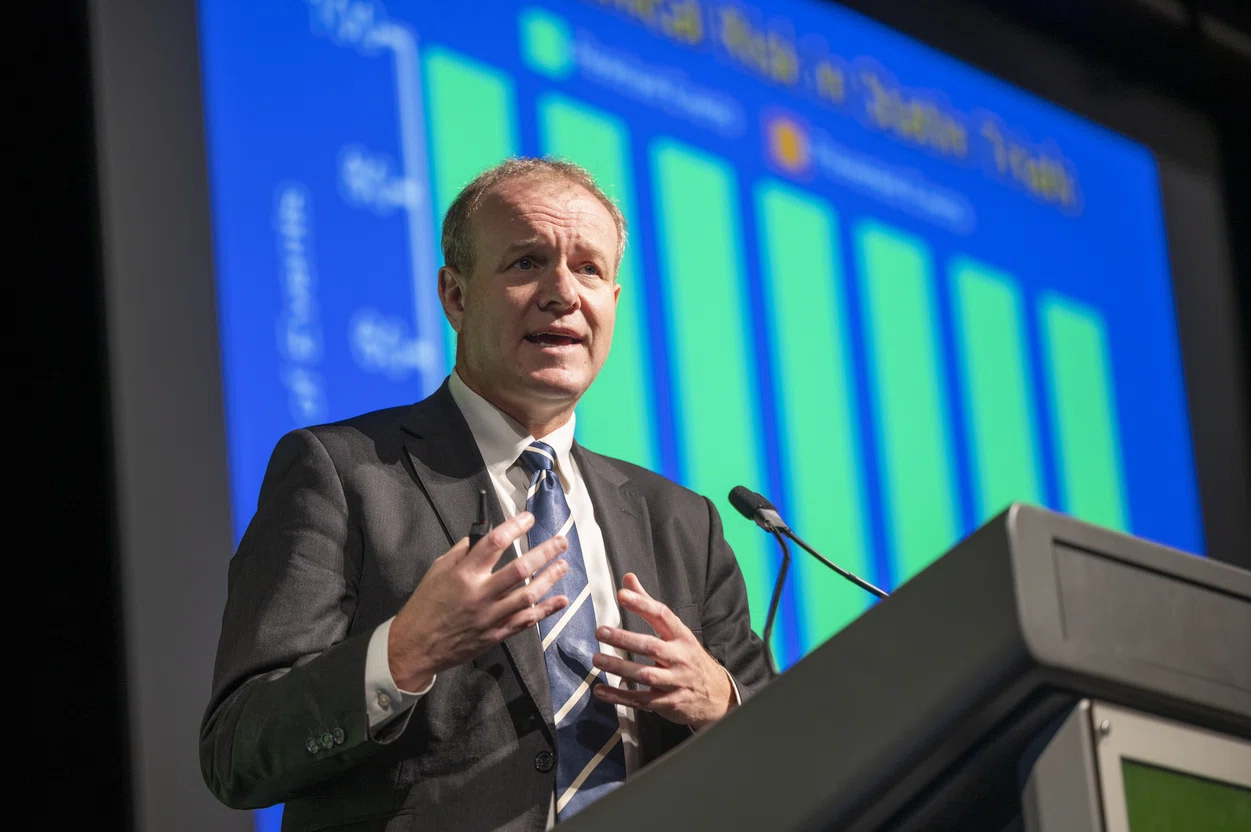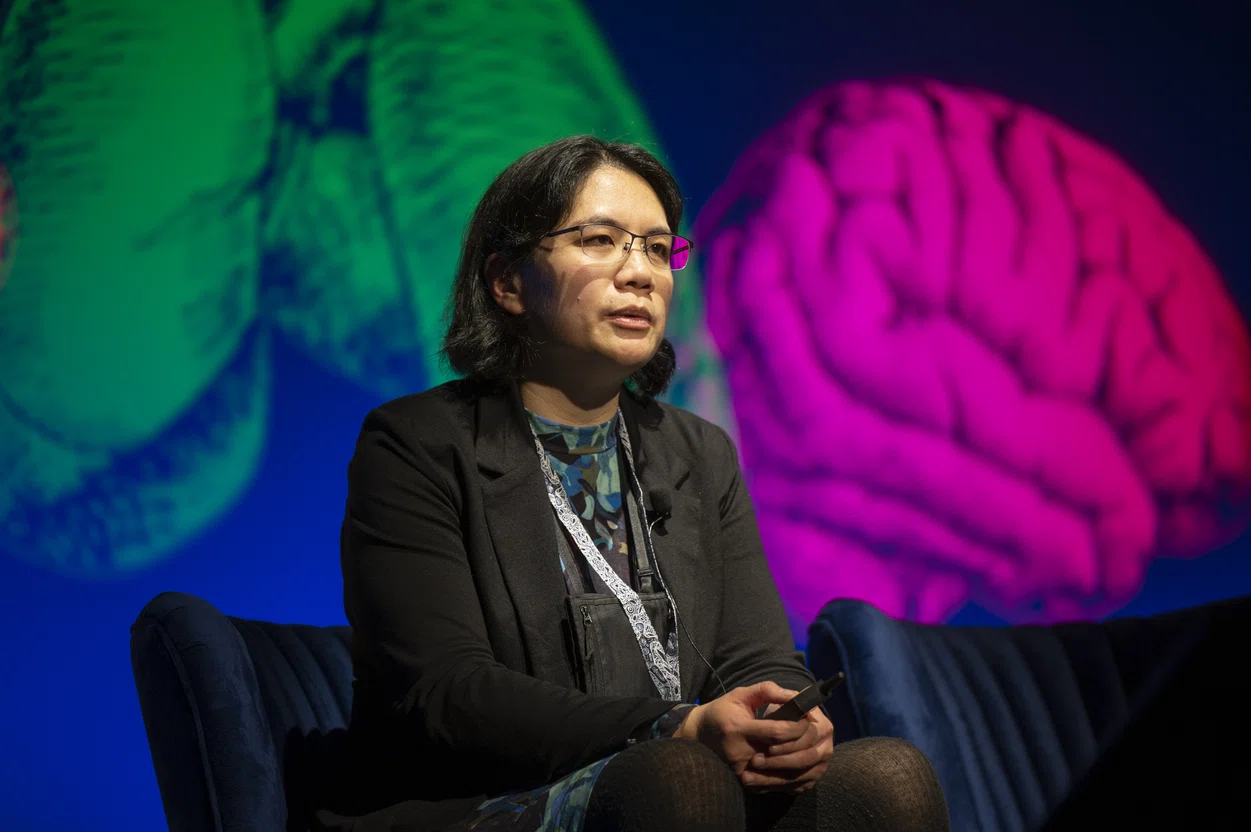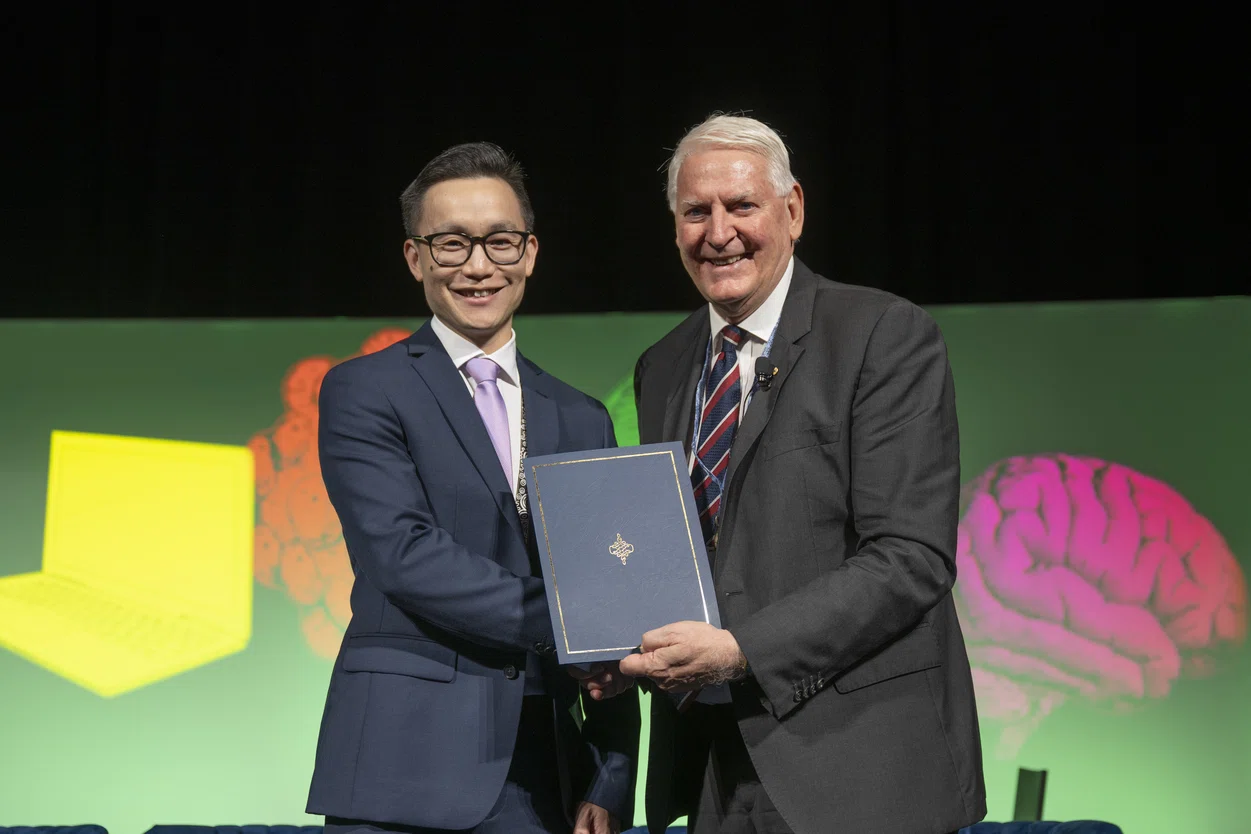

A climate for change, a time for action
A climate for change, a time for action
RACP Congress 2022 – A Climate for Change – ended with the sound of cheers, as those who were able to join the convocation ceremony finally had the opportunity to throw their hats into the air.
RACP Congress 2022 – A Climate for Change – ended with the sound of cheers, as those who were able to join the convocation ceremony finally had the opportunity to throw their hats into the air.
Over three days, and with more than 45 sessions, 15 workshops, clinical updates, lunches, dinners, and coffees aplenty, delegates from across the globe joined RACP Congress 2022, be it in-person or virtually.
Improving workforce and support for rural and remote communities provided an expert panel with the opportunity to pursue solutions to the ongoing issues of resources and creating environments and opportunities for trainees to do more training outside of the cities. They also spoke about the current focus on specialisation and how this was often not needed in regional and remote communities.
The traditional Welcome to Country was moving and thoughtful, discussing the diversity of our communities and setting the tone for the three-day event. By the time MC Andrew Klein stepped onto the stage, the Congress had well and truly begun.
Sessions commenced on Thursday morning, with a last-minute flurry of registrations and assistance for those joining the Congress online. The program was as diverse as the attendees, and the sessions explored a range of topics, with expert speakers presenting their unique perspectives.
Tuning in virtually from both sides of the ditch, the session on Hauora Māori | Māori Health led the proceedings with an in-depth panel discussion featuring a range of voices, both from within and outside the specialist community. Exploring the impact of lockdowns on the community, the mental health of people, and the challenges of treating the community, this session was extremely popular and requests for the session recording were received almost immediately.
Keynote speaker Dr Sandro Demaio focused his session on primary prevention, rather than “patching up those after they had gone off the cliff”. He explored the impacts on non-communicable diseases by delving into data that showed how nearly two-thirds are linked to modifiable risk factors. Dr Demaio also went on to talk about what comes after COVID-19, and the impact that climate change is going to have on the health of the population over time.
Health as the climate changeswas the title of the Pricilla Kincaid-Smith oration presented by Dr Arnagretta Hunter. This session explored the effects of climate change and how it will impact the delivery of healthcare, as well as the health challenges, both physiological and psychological, that are likely to become more prominent as a result of climate change. She argued for the inclusion of environmental influence, along with the social determinants of health, when looking at the biology of disease.
Poster prizes were on display in the main auditorium, so attendees were able to listen to presentations and then explore the posters at their leisure – on meal breaks and in between sessions. Coffee carts proved to be popular conversation hubs for those who visited sponsor booths, grabbed a bite to eat, and stopped to get a fresh headshot.
Professor Grant McArthur delivered the George Burniston oration, Evolving role of cancer survivorship and rehabilitation. He spoke about how “… the burden of cancer is rising. The effectiveness of our interventions in cancer is improving survival and so quality of life survivorship is going to become more and more important in our healthcare system as we move forward.” Building on this observation, his oration provided an engaging examination of a very relevant topic.
Working to older ages: can we and should we? was the question asked by Professor Karen Walker-Bone as she delivered the 2022 Ferguson-Glass Oration. Touching on a range of impacts, she addressed the association between frailty and employment and how, if frailty could be eliminated from the workforce, there would be significant impact on health-related job loss.
Professor Wayne Cutfield’s Howard Williams Medal presentation delved inward as he asked the question: Who ordered the donut, you or your gut bugs? This fascinating session looked beyond conventional dogma, “that our risks of adult disease in our health and well-being are due to two things, our genes and our lifestyle” to focus on microbiome and their impacts from an early age.
Sustainable healthcare featured at Congress, through the activist voices of a younger generation. Anjali Sharma spoke eloquently as she explored her journey into activism, while Ash Sharif took the time to point out that, growing up, medical professions were occupations that people like himself were taught to aspire to. He went on to say that, as people already saw them as leaders, it was vital that specialists made their voices heard within communities.
The College’s ongoing efforts to closing the gap were focused on structural reform and the need to be a part of decisions before they were made, and then to retrofit them to make them work. There was also some discussion of the impact of COVID-19 and the inability to deliver early intervention to those in need, along with the greater community. There was also discussion about the trainee experience, with Dr Elkie Hullbeing very forthright about her own struggles.
Dr Daniel Nour joined College President, Dr Jacqueline Small, for a session on advocacy, recounting his personal journey into making a difference. Offering insights and helpful suggestions on how specialists can promote and drive change in areas they are passionate about, the session encapsulated many of the ideas and concepts that created the theme for RACP Congress 2022.
The work of improving the role of women in medicine was explored in a packed session on gender equity at the women in medicine lunch. Both sessions brought honest and open discussion as the means for dramatic and lasting change were addressed.
Trainee specialists took centre stage during Congress with the Trainee Research Awards drawing a great deal of attention. Standing before their peers, the trainees showed passion and purpose as they presented their research. With topics ranging from Incidence of Infants Eligible for Neonatal Hypoglycaemia Screening in a Post-Natal Ward Setting and Systematic Review and Retrospective Observational Cohort Study to Cardiac sarcoidosis: prevalence, incidence and survival outcomes in South Island, Aotearoa New Zealand, the awards drew attention from both within and outside their specialist communities.
Clinical updates and oral presentations also provided those from across all specialties the opportunity to hear from colleagues of different disciplines. Updates were well attended and the latest developments on the COVID-19 virus and vaccines from Professor Allen Cheng was popular, with large numbers of attendees joining the session virtually to stay up to date.
The final day was also one packed with skills-based workshops. Everything from the ever-popular Supervisor Professional Development Program (SPDP) to Media Spokesperson Essentials was available for in-person attendees. With limited seats available, these sessions allowed close personal interaction with facilitators along with dynamic and engaged groups and proved to be a highlight for many attendees.
It wasn’t all work though, as social events gave attendees a chance to unwind and catch up with friends and colleagues. The Welcome Gala saw the unveiling of former College President Professor John Wilson’s Presidential portrait before everyone moved off to enjoy a night of fun and frivolity at the Annual Gala Dinner. The ceremonial handover of College presidents took place at the convocation ceremony and, as the curtain fell on another Congress, the next generation of specialists could reflect on the view that they had joined an engaged and diverse organisation with its eyes firmly fixed on the future.


